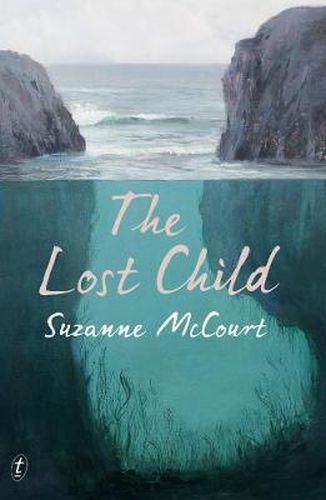The Lost Child by Suzanne McCourt
The protagonist of Suzanne McCourt’s debut novel, The Lost Child, is Sylvie, a sharp-witted but vulnerable young girl. Living in the small fishing town of Burley Point, her father is violent and angry, her mother brooding and distant. After her adored older brother Dunc goes missing under mysterious circumstances, Sylvie blames herself, and flails to find someone, or something, to buoy her.
Situated on the wild coast of southern Australia, the town teems with movement through Sylvie’s eyes. Stretches of beach with hidden blowholes and thick bush hiding snakes and birdlife both scare and provide comfort. To bring the landscape in this close to her protagonist is a good trick by McCourt; the brimming, coiling environment neatly mirrors Sylvie’s tumultuous home life, allowing another layer of expression.
McCourt’s writing is assured and sinuous, the voice of Sylvie moving with equal measure between the rough and tumble of a child’s perspective and clipped, shrewd observations: ‘… People don’t really want to know if you’re sick. Or that fathers burn houses.’ Sylvie is dynamic, as quickly sending herself down a well of guilt and insecurity over her brother’s disappearance as she can whip into a rage against her absent father or wilting mother. McCourt has afforded Sylvie a witty sense of humour, and despite the bleakness surrounding her, she glimmers.
The Lost Child runs deeper and more darkly than a simple, small-town domestic story, and though not quick-paced, Sylvie captivates. From an ordinary child, McCourt has finely carved a protagonist who refuses to fit the prescribed mould. She is a fire spark, just the type who will burrow herself deeply within the reader, and be not lost at all.


